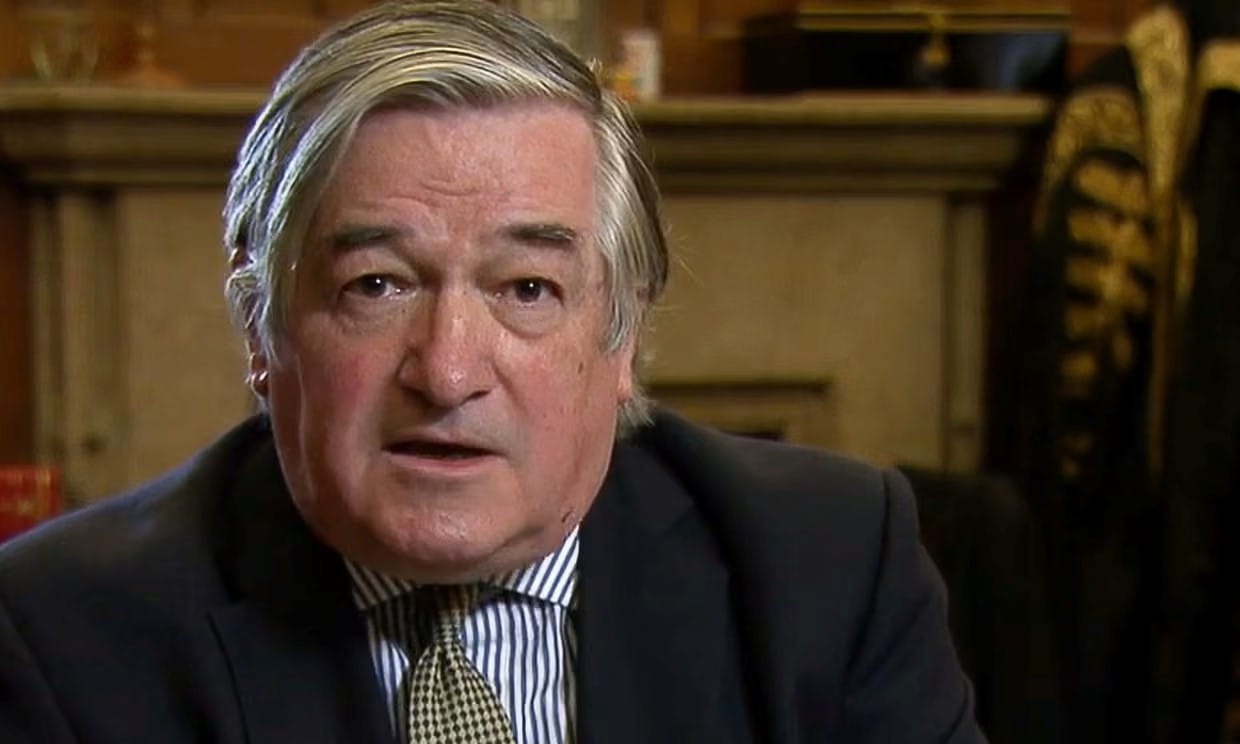Re A Child (Schedule 1, 1989 Act; Variation) [2025] EWHC 1254 (Fam)
McKendrick J. Final Hearing concerning cross-Schedule 1 and specific issue applications brought by both parties. The High Court dismissed all but the respondent father’s application to release his intermediary from undertakings.
Judgment date: 23 May 2025
https://caselaw.nationalarchives.gov.uk/ewhc/fam/2025/1254
McKendrick J. Final Hearing concerning cross-Schedule 1 and specific issue applications brought by both parties. The High Court dismissed all but the respondent father’s application to release his intermediary from undertakings.
Background and litigation history
The parties met in 2003 in a Middle Eastern country. Their child, born in the USA in 2008, is habitually resident in England and Wales and educated as a boarder. The respondent father is a member of a Middle Eastern ruling family.
Starting from the applicant mother’s first Schedule 1 application for periodical payments in 2009, there has been a long litigation history. The relevant hearings and orders in these proceedings are:
- In March 2013, at a Final Hearing, Bodey J ordered periodical payments of £204,000 per annuum (now £283,733 following indexation) to be made to the applicant for the benefit of the child, with additional provisions for education, vehicle and property expenses.
- In the March 2013 Declaration of Parentage Proceedings, it was declared that the respondent father should have no parental responsibility.
- In December 2013, Bodey J accepted undertakings by the father’s intermediary regarding a Security Fund of £3.3m and dismissed the mother’s variation application.
Current High Court proceedings
In September 2024, the mother filed a C100 application, and the father applied to dismiss it. Harris J on 8 October 2024 ordered that only four issues were to be determined:
- Mother’s application to increase periodical payments – seeking higher sums for holiday provision, security following alleged attacks, and a driver as ‘emotional support’ for the child.
- Father’s application to reduce periodical payments – arguing that a driver was unnecessary, the mother’s stalking allegations were unfounded, £750,000 for a gap year is excessive, and further relying on the mother’s brief remarriage, her earning capacity, and limited spending of existing maintenance.
- Mother’s specific issue application – seeking an order compelling the father to enter the child’s name in the register of his national country and to sign the child’s passport application for that country.
- Father’s specific issue application – seeking an order to discharge his intermediary from undertakings as a result of the intermediary’s ill health and consequent retirement plans.
Legal framework
The court considered paragraphs 4 and 6 of Schedule 1 of the Children Act 1989 where the court shall have regard to all the circumstances, including the financial resources and needs of both parties and the child. This includes any change in circumstances from the time of the last order. Although welfare of the child is not an express factor under paragraph 4 of Schedule 1, it remains a constant influence on the discretionary outcome (Re P [2003] EWCA Civ 837).
The court made reference to Haya Bint Al Hussein v Mohammed Bin Rashid Al Maktoum [2021] EWFC 94. In that case, Moor J summarised Schedule 1 claims and reinforced the point that the court can allow a personal allowance for a caring person in assessing the quantum of periodical payment orders (Haroutunian v Jennings 1 FLR 62; Re P (Child: Financial Provision) [2003] EWCA Civ 837).
Collardeau-Fuchs v Fuchs [2022] EWFC 135 confirmed that a child maintenance award may extend beyond the direct expenses of the children to meet the expenses of the mother’s household as reasonably linked to the caring role but not to personal expenses unrelated to it. Peel J in Y v Z [2024] EWFC 4 acknowledged that drawing a clear line between the two can be difficult.
Held
No material change of circumstances had been established, though the court’s discretion remains unfettered by that. The court was critical that neither side’s evidence centred on the child’s needs.
- Mother’s Schedule 1 application was dismissed: there was no objective contemporaneous evidence supporting her alleged need for security; the child’s weekly boarding rendered a driver unnecessary; and the 2013 award was found to be sufficient for holidays and travel.
- Father’s Schedule 1 application was dismissed: the mother’s brief remarriage and gifts received (£360,000 and a car) were personal and had now ceased; her business was not materially profitable; benefit of the doubt was given to mother that some holidays were not listed and the child might wish to travel more, so a reduction was inappropriate; reliance on a one-year snapshot of mother’s bank statements (£231,703) was insufficient to assess her caring role, which could not be neatly compartmentalised; reducing payments now would have underplayed the child’s welfare in the court’s overall discretion.
- Mother’s specific issue application was dismissed: the grant of citizenship was a matter for the relevant foreign authority; even if a declaration for the father’s consent had been considered, it was refused because (1) there was no evidence that it was in the child’s best interests (the child’s wishes and the impact on US or British citizenship were unknown), (2) the nearly 18-year-old child was Gillick competent and could soon apply independently, and (3) making such an order might trespass on aspects of Sharia law.
- Father’s specific issue application was allowed: the intermediary was seriously unwell and intended to retire; instructing solicitors were to give an undertaking in the interim; and the order permitted the mother to seek a variation or discharge of the undertaking in the future.





